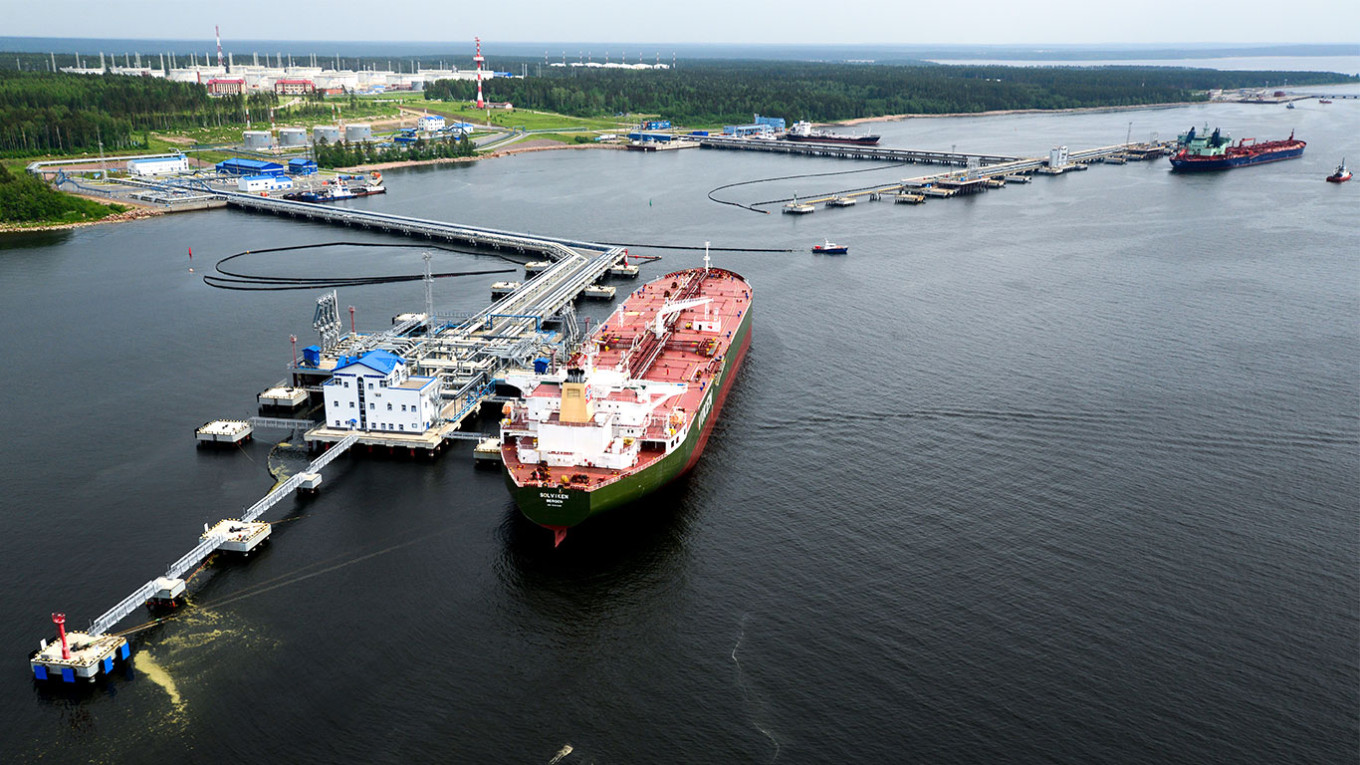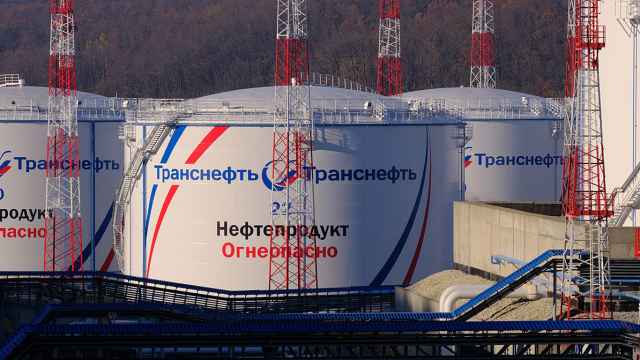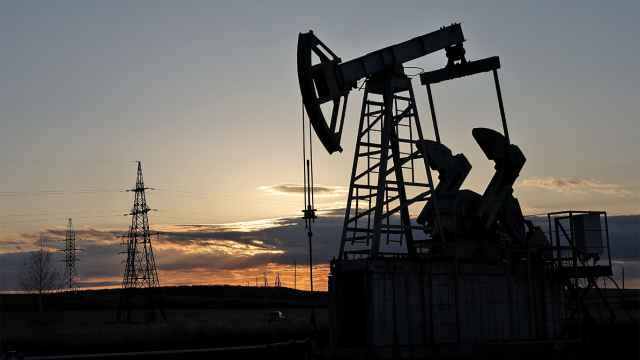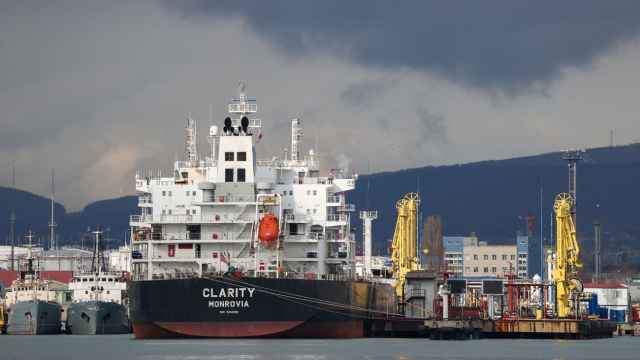Russia exported a record volume of oil products in March as Moscow successfully developed alternative routes for its deliveries one month after a Western embargo came into force, the Vedomosti business daily reported Wednesday.
Supplies of seaborne Russian oil products totaled 3.13 million barrels per day (bpd) in March 2023, according to the commodities analyst Kpler, a 31.2% year-on-year increase and just over the previous record of 3.1 million bpd exported in February 2022, the month Russia invaded Ukraine.
The G7 economies, the European Union, and Australia all stopped buying Russian oil products in February 2023, with the EU setting additional price caps for diesel, fuel oil, and other products.
At the same time, the EU lifted sanctions and price caps on Russian-extracted oil products that are produced outside the country and mixed with other suppliers’ oil products.
As a result, EU members Greece and Malta accounted for 88% of Russian oil product exports last month, Vedomosti cited energy expert Kirill Rodionov as saying.
Kpler’s breakdown of Russian oil product exports showed most of the country’s 1.28 million bpd of diesel going to Turkey and Brazil, followed by Libya and Morocco, according to Vedomosti.
One-fifth of the exported Russian diesel was delivered to unknown customers, the publication said.
Russian fuel oil exports also reached an all-time high of 208,000 bpd, with the main buyers being the United Arab Emirates, Nigeria, Singapore, and India.
Industry analyst Yekaterina Krylova noted that markets in the European Mediterranean, North Africa, and the Middle East were less logistically challenging for Russian oil product exports and involved far shorter delivery routes.
From there, Russian oil products can be re-exported to the Asia-Pacific region, Krylova told Vedomosti.
A Message from The Moscow Times:
Dear readers,
We are facing unprecedented challenges. Russia's Prosecutor General's Office has designated The Moscow Times as an "undesirable" organization, criminalizing our work and putting our staff at risk of prosecution. This follows our earlier unjust labeling as a "foreign agent."
These actions are direct attempts to silence independent journalism in Russia. The authorities claim our work "discredits the decisions of the Russian leadership." We see things differently: we strive to provide accurate, unbiased reporting on Russia.
We, the journalists of The Moscow Times, refuse to be silenced. But to continue our work, we need your help.
Your support, no matter how small, makes a world of difference. If you can, please support us monthly starting from just $2. It's quick to set up, and every contribution makes a significant impact.
By supporting The Moscow Times, you're defending open, independent journalism in the face of repression. Thank you for standing with us.
Remind me later.






